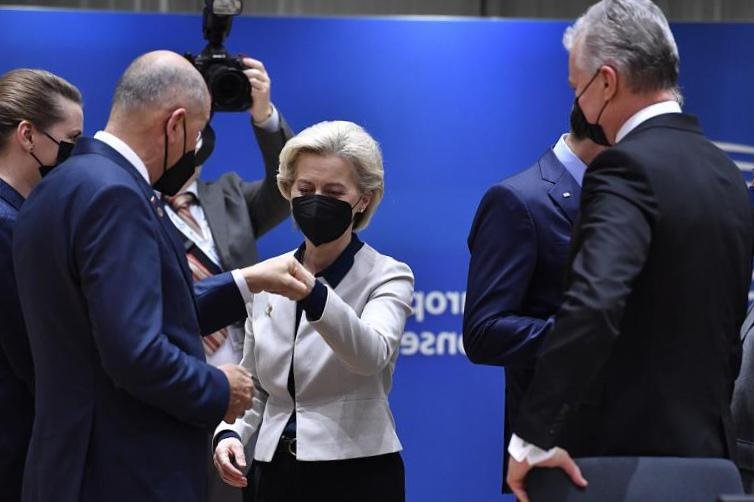“Europe are going to be cast in crises, and can be the add of the solutions adopted for these crises.” The words in 1976 of 1 of the creation fathers of the EU, Jean Monnet, notably resonate today. The warning from the person who was President of the EU Coal and Steel Community (ECSC) is prescient. From the collapse of the state to Brexit, from the 2008 money crisis to the covid-19 pandemic, the EU Union looks to possess developed this capability to strengthen itself completely within the face of adverse and unforeseen circumstances.
Jean Monnet’ prophecy, however, has had a replacement that means since February 24, inconceivable a month ago. Russia’ invasion of country appears to possess infused the EU with a new resolve to handle a hostile political science environment. in a very few days, the twenty seven have overlooked all their taboos and their red lines. For the primary time in its history, the Union can finance the acquisition of arms for a rustic beneath attack. This selection marks a very strategic turning purpose for a union originally created to defend peace.
Further proof, Germany has created a whole reversal. Berlin also will send weapons to conflict zones. “The Russian invasion of state marks a turning purpose in history,” aforementioned German Chancellor Olaf Scholz. “She threatens our entire post-war order.” Ukrainian refugees fleeing war are being welcome by identical member states that have spent the past few years dividing over a typical migration policy supported shared solidarity. Russian information tools are prohibited, billions of euros in Russian monetary assets are frozen, Russian planes are banned from flying over EU territory, and Ukraine’ EU membership even sounds like a goal at hand.
A critical moment
The speed of this turnaround may surprise. It all starts on February 21, when the Ukrainian Foreign Minister travels to Brussels. Dmytro Kuleba is trying to convince his European counterparts to impose preventive sanctions against Moscow before Russian President Vladimir Putin gives the order to invade the country.
However, these remarks did not provoke the expected reaction. “We will continue to support Ukraine at the most critical time, if that happens,” said Josep Borrell, the EU’s foreign policy chief.
This critical moment was to occur a few hours later when Vladimir Putin finally recognized the independence of the two separatist regions in eastern Ukraine.
The next day, Josep Borrell changes tone. The diplomat proposes a series of sanctions against 27 people and entities close to Vladimir Putin, as well as the 351 Duma deputies who voted in favor of recognizing the “people’s republics” of Donetsk and Luhansk. Financial and trade sanctions are also on the table.
The same day, the German Chancellor takes the decision to suspend the certification of Nord Stream 2. The gas pipeline which connects Russia and Germany is a point of contention between Berlin and its allies. Olaf Scholz has for years defended the infrastructure putting forward a “commercial project” unrelated to geopolitics.
As Russian troops prepared to invade Donbass, Western countries threatened further retaliatory measures, described as “massive” and “unprecedented”.
On February 24, the EU woke up to the sound of sirens at its borders announcing the largest military attack since World War II on the continent. Shock, confusion, indignation and sadness mark the first hours of the invasion of Ukraine. But a new resolution also appears.



